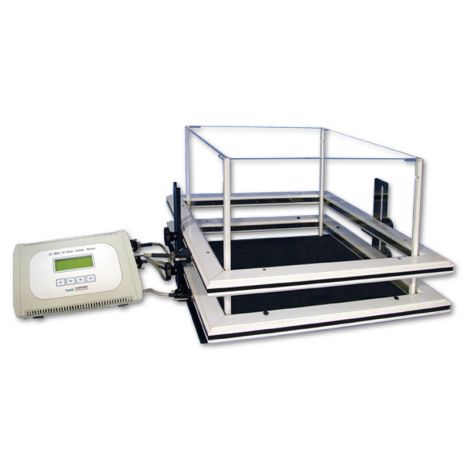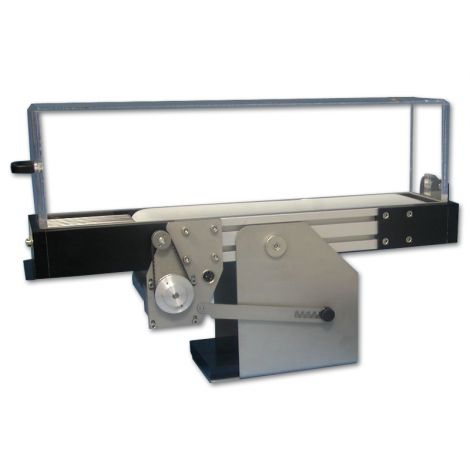Locomotor Activity and Exploration
Locomotor activity and exploration, fundamentally involved in many behavioral and physiological functions, are classically evaluated in various rodent models, because these behaviors are frequently affected by a wide range of factors, such as drug treatments, brain lesions, strain differences and genetic manipulations. Thus, the results of behavioral experiments designed to assess other neurobiological processes often cannot be properly interpreted without considering locomotor activity abilities.
The study of locomotor activity and exploration is particularly relevant for research involving circadian rhythms, phenotyping and drug testing.
Learn more about the study of locomotor activity and exploration.
Selected products are shown below. Please browse the menu at the left to explore our full offering.









